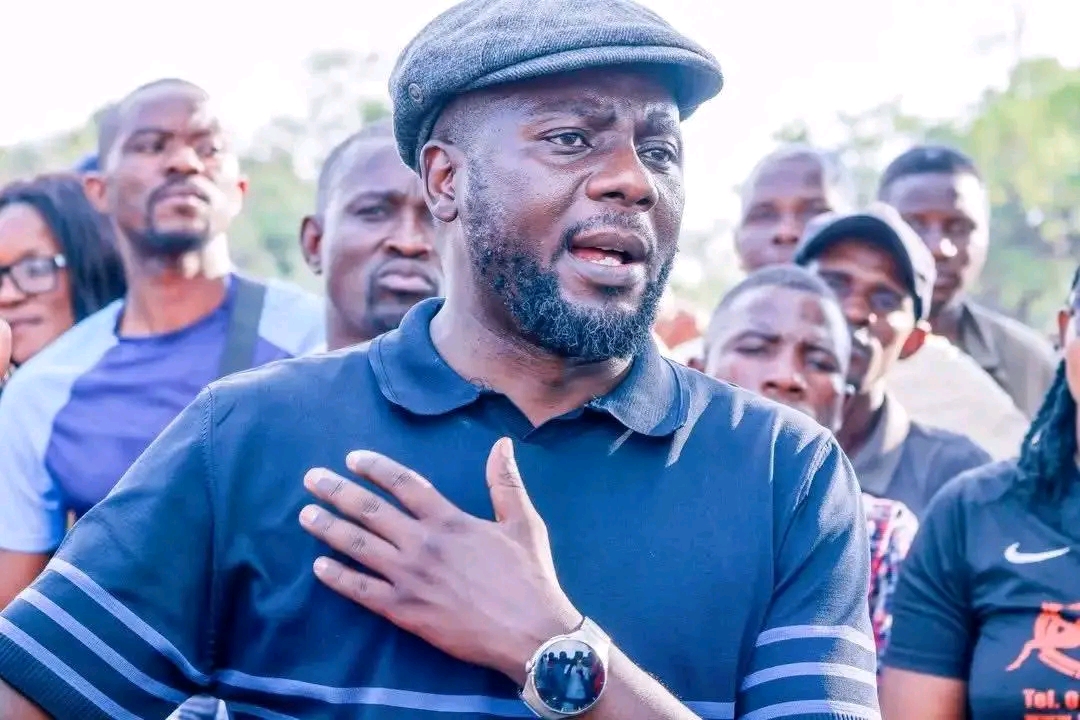GIRLS in rural areas who receive bicycles are more likely to attend school regularly, according to new findings highlighted at the Zambia Bicycle Impact Forum in Lusaka.
https://www.facebook.com/share/p/1C2Lo3edD9
Last night, World Bicycle Relief Zambia was celebrating 20 years since their impactful journey in this country, curing the disease of mobility especially for those in deep Zambia.
Officiating at the event, Minister of Education Douglas Syakalima said research shows girls with bicycles are 28 percent more likely to attend classes regularly, 66 percent more punctual, and 19 percent less likely to drop out.
“Beyond the numbers, bicycles give them confidence, security, and the chance to shape their future,” Syakalima told stakeholders, development partners, and government officials gathered to celebrate 20 years of World Bicycle Relief (WBR).
Since 2007, more than 350,000 bicycles have been distributed in Zambia, directly benefiting over 1.5 million people, with nearly 79,000 students now able to reach school safely and on time.
The Minister said bicycles remain one of the most powerful tools for advancing education, particularly for girls, who face risks of harassment, absenteeism, and early dropout due to long walks to school.
In collaboration with IDinsight, WBR revealed that a new independent study has found that bicycles delivers one of the highest returns on investment in international development, with a 14.7 times ROI in rural livelihoods.
WBR chief executive officer Dave Neisewander said research conducted with partners at ID Insight proves bicycles are not only impactful but cost-effective.
“For every US$100 invested, a Buffalo Bicycle enables a community health worker to reach more than 2,600 additional clients,” Neisewander explained.
“This is one of the strongest returns you can find for a development intervention.”
The findings add weight to WBR’s work, which has seen over 300,000 bicycles distributed in Zambia alone over the past 17 years, improving access to education, healthcare, and income opportunities.
Neisewander said the evidence confirms what WBR has seen in communities for nearly two decades, bicycles changing lives.
Meanwhile, Syakalima pledged that bicycles will play a central role in Zambia’s efforts to ensure inclusive and equitable education, particularly for rural students.
“A bicycle is not just transport, it is a tool for empowerment,” the Minister said.
“It keeps girls in school, strengthens families, and helps communities thrive. Together, we must ensure distance is never again the reason a child in Zambia is denied education.”
The Minister said 75 percent of rural secondary school learners live at least 3km from their classrooms, with girls disproportionately affected by the burden of distance and safety risks.
Kalemba September 17, 2025





